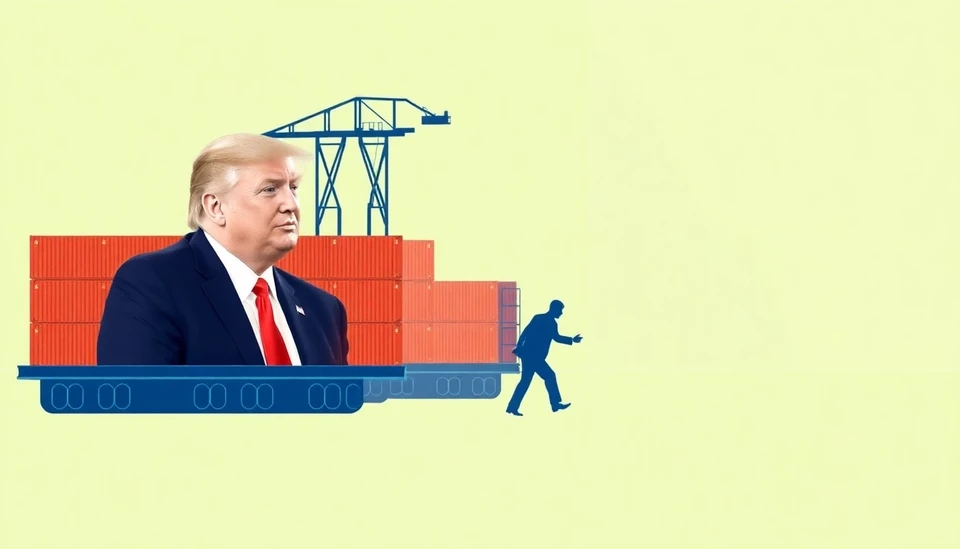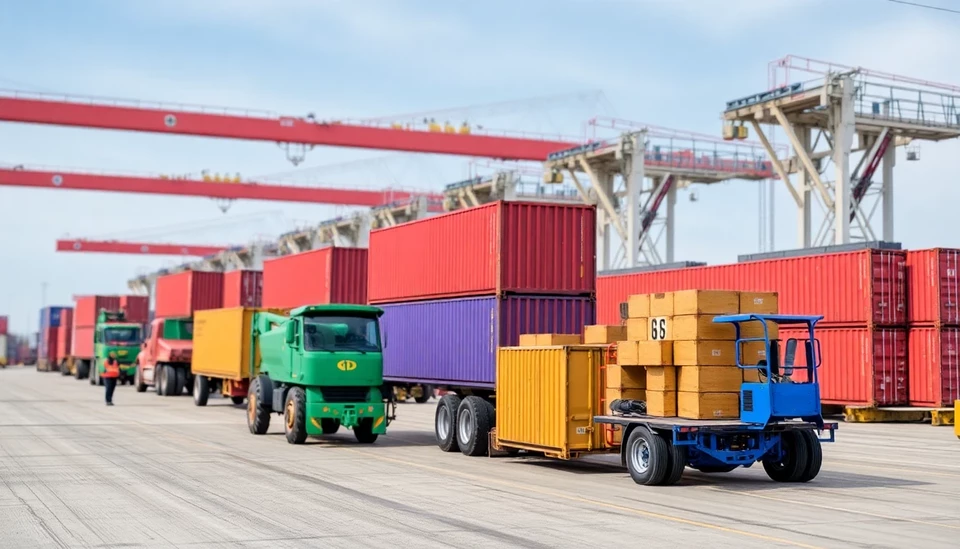
In a recent audio feature, renowned financial journalist Martin Wolf from the Financial Times dissects the implications of former President Donald Trump's approach to international trade during his administration. The discussion centers around how Trump's policies have redefined global trade dynamics and the potential long-term effects of these changes.
Wolf emphasizes that Trump's tenure marked a significant departure from conventional trade practices, particularly his inclination towards protectionism and unilateralism. He highlights that these shifts were not merely a product of Trump's personal economic philosophy but were reflective of broader trends that had been brewing in the American economic landscape for years. This approach culminated in the imposition of tariffs and trade barriers, targeting nations like China, which the former president dubbed a strategic competitor.
Importantly, Wolf points out that Trump's trade policies ignited a contentious dialogue in the U.S. about the role of global trade in American prosperity. The era saw many American industries seeking shelter from foreign competition while simultaneously, others pushed for a more interconnected global economy. This ideological clash set the stage for a complex trade environment where allies could quickly become adversaries, and vice versa.
Moreover, the dialogue is extended to the implications of these shifts for future administrations. Wolf shares insights from various economists and analysts who suggest that the remnants of Trump’s trade policies could influence negotiations and international relations for years to come. The bifurcated approach to trade that separates friend from foe is poised to create friction not only for economic partnerships but also on geopolitical fronts.
Wolf continues to argue that under this new paradigm, nations might find themselves reevaluating their trade agreements and alliances. The potential for increased isolationism could lead to a restructured world trade order where economic powerhouses recalibrate their strategies to safeguard their interests. He cautions that while some nations may benefit from these changes, others may find themselves marginalized in the new economic arrangements.
Furthermore, the conversation doesn't merely focus on the ramifications for the U.S. economy but also highlights how emerging markets and developing countries could be impacted. As economic powers reconfigure their trade relationships, Wolf posits that these nations must strategize accordingly to navigate the increasingly complex trade environment.
In summary, Martin Wolf's analysis presents a compelling look at how Trump's remaking of world trade not only altered the immediate landscape but also set the stage for future inter-nation relations. His insights indicate that the reverberations of these policies will likely be felt for many years ahead, compelling nations to adapt and respond to an evolving trade paradigm.
As we look towards the future, it remains crucial for policymakers, analysts, and businesses to consider the long-term consequences of the shifting trade dynamics and to prepare for the unpredictable nature of global commerce.
#TradePolicy #DonaldTrump #GlobalEconomy #FinancialNews #InternationalRelations #Economics #MartinWolf
Author: Laura Mitchell




